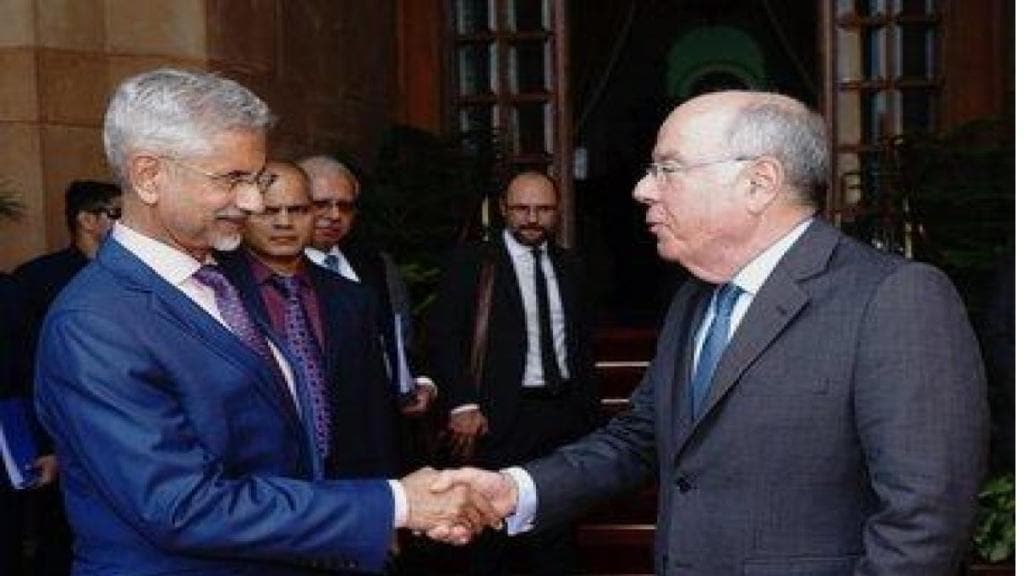India and Brazil have progressively expanded their bilateral relations over the years, transforming what began as a strategic partnership in 2006 into a multi-faceted collaboration that touches nearly every sector of mutual interest. This partnership has been instrumental in fostering significant growth in bilateral trade, which, despite its challenges, continues to trend upward.
At the 9th India-Brazil Joint Commission Meeting in Delhi, External Affairs minister S Jaishankar noted, “Our strategic partnership…now spans a very wide range of domains, from defence, space, and security, including cyber to trade and investment, oil and natural gas, biofuels, agriculture, animal husbandry, food processing, health and medicine, traditional medicine, science, technology, culture, and people-to-people relations.”
The discussions with his Brazilian counterpart Mauro Vieira highlighted the importance of addressing the challenges that have arisen in this trade relationship. Jaishankar emphasized the need for continued dialogue, stating, “We have a substantial bilateral trade basket. It has by and large gone up in the last year. We’ve had some challenges—it’s something I look forward to discussing with you.” This ongoing dialogue is crucial to overcoming hurdles and ensuring that the full potential of the India-Brazil trade relationship is realized.
Global Leadership: Collaborative Engagement in Multilateral Platforms
The India-Brazil relationship extends beyond bilateral ties, playing a significant role in shaping the global agenda through multilateral platforms such as BRICS, IBSA, G20, and the United Nations. With Brazil holding the G20 presidency this year, the meeting provided a unique opportunity for the two nations to align their efforts in promoting a more equitable and sustainable global order. Jaishankar reaffirmed India’s commitment to supporting Brazil’s G20 leadership, noting, “I’d like to reiterate India’s full support to the Brazilian G20 Presidency and also recall that we got your fullest support during our own Presidency. We appreciate various unique initiatives centered on the theme of building a just world and a sustainable planet.”
A significant aspect of their multilateral cooperation is their participation in the G4 group, which includes Brazil, Germany, India, and Japan. The G4 has long advocated for reforms in the UN Security Council to better reflect the realities of the contemporary world. Jaishankar stressed the importance of the upcoming G4 meeting, scheduled on the sidelines of the United Nations General Assembly (UNGA) in New York.
This underscores India’s commitment to working closely with Brazil and other G4 members to push for these much-needed reforms.
Navigating Challenges: Addressing Immigration Issues
While the official agenda of the Joint Commission Meeting focused on strengthening strategic ties and multilateral cooperation, the issue of illegal immigration emerged as an urgent concern. The recent reports of over 660 migrants, including more than 100 Indians, stranded at São Paulo’s Guarulhos Airport due to Brazil’s new immigration regulations, cast a shadow over the discussions. Although this issue was not on the formal agenda, it is likely to have been addressed, given the significant impact of illegal immigration on both nations.
Brazil’s new regulations, aimed at curbing illegal immigration routes from Asia to the Americas, have led to stricter border controls and policies. This has become a pressing issue, particularly as the number of illegal immigrants from India and other Asian countries attempting to enter the United States through Brazil has surged in recent years. The US Border Control Services has recorded a fivefold increase in the number of Indians crossing over from the southern borders of the US, making Indians the third-largest community of illegal immigrants in that country.


